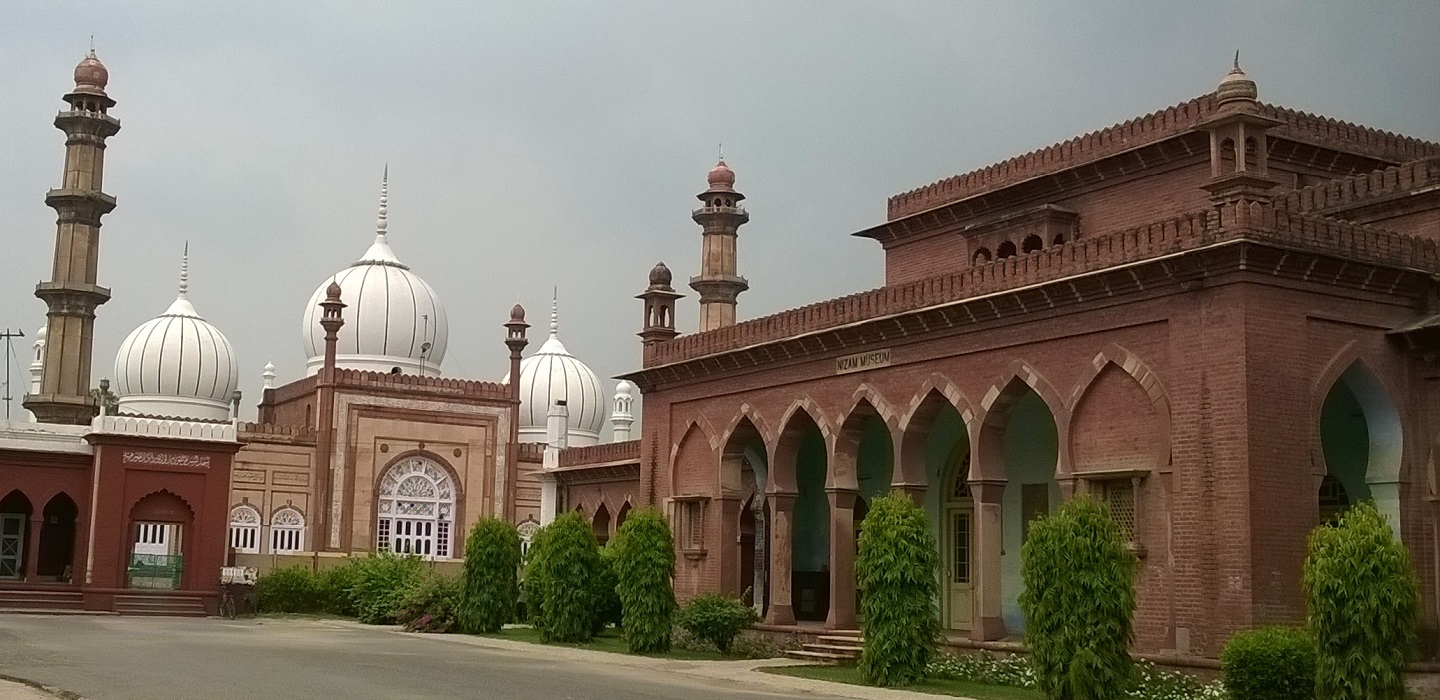
On April 4, the Chief Justice of India, during the hearing of a case quibbled, “Can a university be termed as a minority institution?” This question has become important as the NDA government has also triggered a controversy by questioning the minority status of AMU and Jamia Millia Islamia and contending that no institution can both be a Central university as well as enjoy minority status.
The matter will be finally decided by the apex court in due course, but such questions have set in motion fierce public debate about the ambit and scope of minority rights in education, which were made a part of the fundamental rights with a view to instilling a sense of confidence and security among the minorities. Justice Hans Raj Khanna, in The Ahmedabad St Xaviers College vs State of Gujarat, observed without mincing words:
As long as the Constitution stands as it is today, no tampering with those rights can be countenanced. Any attempt to do so would be not only an act of breach of faith; it would be constitutionally impermeable and liable to be struck down by the courts.
The question raised by the apex court, this time, is vital from the viewpoint of both law and politics and, thus, needs to be discussed dispassionately. Interestingly, as early as in 1967, a five -judge bench of the SC in Azeez Basha vs Union of India had sought to answer this question. Justice K.N. Wanchoo, while writing the judgment on behalf of the court, observed that the words “educational institutions” are of very wide import and would include a university clarifying that under Article 30(1) a religious or linguistic minority community can also establish a university having full constitutional protection. This observation was not by the Union of India.
Article 30(1) confers on religious and linguistic minorities the right to establish and administer educational “institutions of their choice”, which makes the content of that article as wide as the choice of the particular minority community may make it.
In The Kerala Education Bill vs Unknown case, Chief Justice S.R. Das stated that the key to understanding the true meaning and implication of Article 30(1) is the phrase “of their choice”. It means there is no limitation on the types and nature of the educational institutions that minorities can establish.
Furthermore, the National Commission for Minority Educational Institutions Act 2004 was amended in 2010 to clarify that “Minority Educational Institution” means a college or an educational institution established and administered by a minority or minorities.
This amendment is significant in the light of the fact that the original act had expressly recognised educational institution to mean a “college or institution, which must be other than a university”. The 2010 amendment deleted the words “other than a university” from the definition of “Minority Educational Institution”. The deletion meant the inclusion of university within the meaning of “Minority Educational Institution”. During the parliamentary debate on the amendment, it was stated that the existing exclusion of “university” from the definition was counter to the law laid down by the SC in several matters.
In 2002, the constitutional bench of the SC in T.M.A. Pai Foundation & Ors vs State of Karnataka held that “The expression ‘education’ in the articles of the Constitution means and includes education at all levels from the primary school level upto the post-graduate level. It includes professional education. The expression ‘educational institutions’ means institutions that impart education, where ‘education’ is as understood hereinabove”.
The meaning of “institution” as provided in the well-known dictionaries also confirms that besides other things, it also means a “university”. We should also not forget that there are a good number of universities in India which enjoy minority status — Aliah University, Integral University, Teerthanker Mahaveer University, Jamia Hamdard, etc.
Given these facts, one fails to understand the obiter dictum of the CJI. The plain meaning of the term, the constitutional vision of minority rights, legislative norms and judicial exposition all speak out in unison that a university established by religious or linguistic minorities may also have a minority tag.
Courtesy: The Indian Express
Aftab Alam
Latest posts by Aftab Alam (see all)
- A University can be a Minority Institution | Aftab Alam - May 18, 2016
- Minority Status? | Aftab Alam - February 1, 2016
